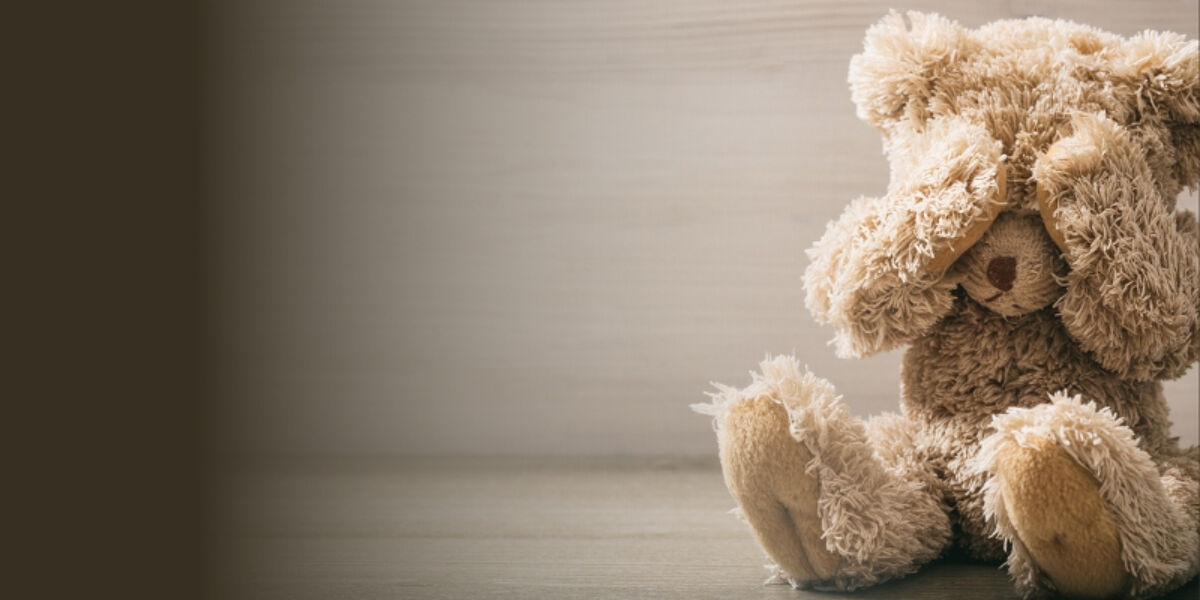Child neglect
Imagine being a child or young person, being hungry, no food in the house, not knowing if you’ll be fed that day.
Imagine not knowing where your adult is, or when they’ll come back or IF they’ll come back. Or even if an adult is present, imagine they're intoxicated, high on drugs, or angry and abusive.
At a time when home should be the safest possible place for children, we know that the home is where some of them are suffering neglect, being harmed and abused.
Everyone has the responsibility to keep children safe. Learn how to spot the signs of abuse and speak up if you have concerns.
If you have concerns over a child’s welfare and want to remain anonymous, you can contact us, online or on the phone - 0800 555 111 - 24/7, 365 days a year. We’ve kept our promise of anonymity since we were founded in 1988.
In an emergency, always call 999.
We're encouraging members of the public to learn the signs to spot, of both child neglect and domestic abuse, so that if you do see something that doesn’t feel right, you can speak up.
What is child neglect?
Child neglect is a form of child abuse. It's where a parent or carer is not meeting the child's basic needs, including failing to provide adequate food and drink, supervision, medical aid, clothing, or housing, as well as other physical, emotional, social, educational and safety needs. It is abuse through omission.
If you have any concerns for the welfare of a child you can contact the NSPCC Helpline directly on 0808 800 5000, email help@nspcc.org.uk or fill in their online form. You can ask to remain anonymous, which you can discuss when you contact NSPCC.
How do you know if someone is a victim of neglect?
These signs don't always mean that a child is being abused, but if you have concerns, even if you’re unsure, please speak up. It’s better to be safe than sorry.
- Children appearing withdrawn, anxious or frightened.
- Hearing shouting, things being broken or hitting.
- Children crying for long periods of time.
- Children appearing guarded around a particular individual.
- Very young children left alone or being outdoors by themselves.
- Children looking dirty or not changing their clothes.
- Children being withdrawn or anxious.
- Impaired capacity to enjoy life - abused children often appear sad, preoccupied and listless.
- Stress symptoms - for example: bed-wetting, tantrums, bizarre behaviour, eating problems etc.
- Low self-esteem - children who have been abused often think they must be worthless to deserve such treatment.
- A generally negative, uncooperative attitude.
- Hyper-vigilance - typified in the "frozen watchfulness" expression
- Compulsivity - abused children sometimes compulsively carry out certain activities or rituals
- Pseudo-mature behaviour - a false appearance of independence or being excessively "good" all the time, or offering indiscriminate affection to any adult who takes an interest.
- School learning problems - such as lack of concentration.
- Social withdrawal - many abused children withdraw from relationships with other children and become isolated and depressed.
Are you a victim?
Every child and young person has the right to be looked after properly. Sometimes parents and carers can't manage this by themselves.
Visit Childline for more helpful advice and support
In an emergency, always call 999.
Useful links
- Are you a young person with information about another young person being neglected? You can contact our youth service Fearless any time of the day or night, and remain completely, 100%, anonymous.
- The NSPCC has further information and advice on different types of child abuse, how to spot the signs and what you can do to help keep children safe.
- Exploited children and young people don’t always look vulnerable and may not act like victims. Find out about the Children’s Society #LookCloser campaign to learn more about the signs to spot.

Give information
Give information anonymously by phone on 0800 555 111 or online

Donate to us
Join our fight against crime by making us a donation today, and see how the money you give can help shape your community for the better.

Fearless - our youth service
Find out about Fearless, Crimestoppers' youth service for 11-17 year olds.
